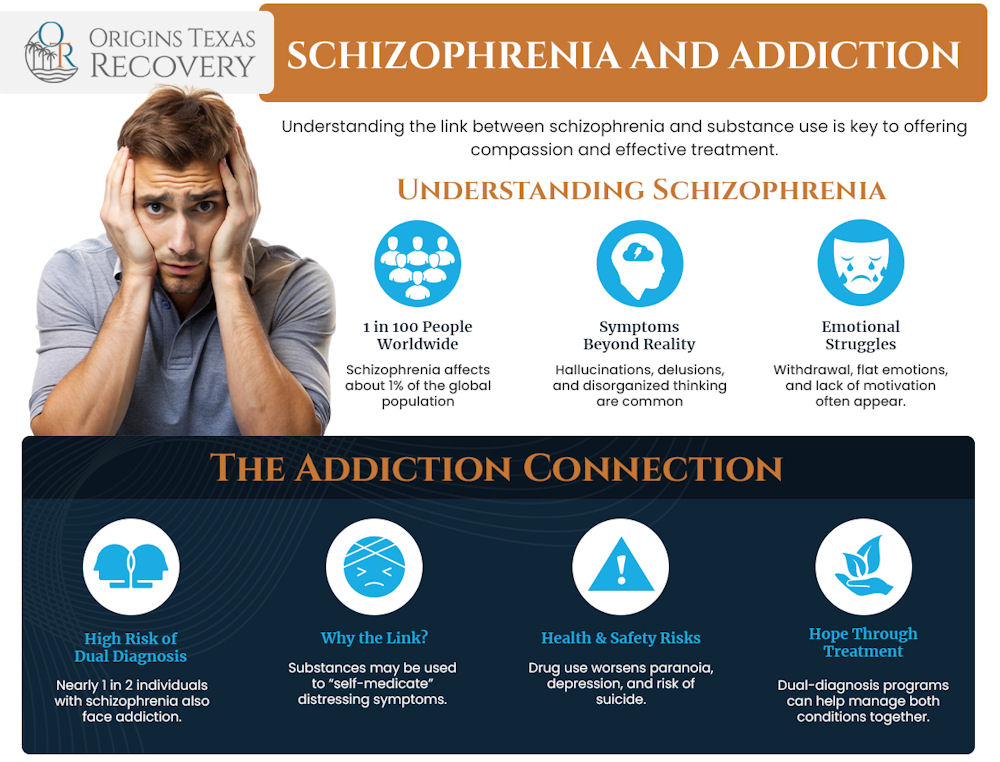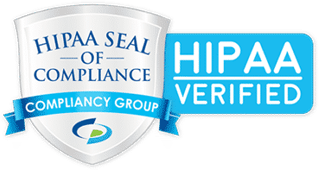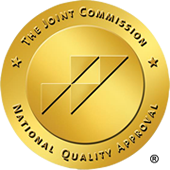Addiction and Schizophrenia Treatment Center in Texas
By offering a blend of evidence-based practices and compassionate care, our treatment center provides a pathway to improved well-being. Understanding the importance of treating both conditions is a key part of managing co-occurring disorders, setting the stage for lasting recovery and a healthier future.
If you’re ready to take the first step toward recovery, our team at Origins Texas is here to help. Contact our admissions team today to learn more about our programs and start your journey to healing.

What is Schizophrenia?
This condition requires a multifaceted treatment approach to help individuals navigate their experiences and achieve stability. Support typically includes therapy, medication, and resources designed to promote overall well-being. Schizophrenia often impacts various aspects of life, including relationships, work, and daily routines, but with appropriate care and understanding, individuals can find ways to manage their condition and improve their quality of life.
Emphasizing a supportive environment, access to professional care, and a commitment to long-term strategies is central to helping those with schizophrenia lead fulfilling lives.
Types of Schizophrenia
Paranoid schizophrenia is characterized by intense focus on specific thoughts or fears, often involving mistrust or suspicion. Individuals may become preoccupied with the belief that others are plotting against them or watching their every move. This can lead to significant social withdrawal and difficulty forming trusting relationships. Heightened awareness of their surroundings may cause individuals to interpret harmless situations as threats, making daily functioning difficult.
Disorganized schizophrenia affects communication and behavior, causing disruptions in both thought organization and emotional expression. Individuals may struggle to maintain coherent speech, with thoughts often presented in a disjointed or illogical manner. Disorganized behavior can lead to erratic actions or difficulty performing routine tasks, such as personal care. Social interactions may be strained as the individual may not respond appropriately to social cues.
Catatonic schizophrenia involves disturbances in movement and behavior, ranging from periods of immobility to sudden, excessive movement. During immobility, the individual may appear unresponsive or frozen in place. Conversely, sudden bursts of bizarre or repetitive movements can also occur. These fluctuations make it difficult to engage in daily activities and interact with others.
Residual schizophrenia refers to cases where the more severe symptoms of schizophrenia have lessened but some effects persist. These may include lingering cognitive impairments, such as difficulties with concentration, low energy, or subtle thought disturbances. While acute symptoms may be reduced, challenges in daily functioning, decision-making, and social interaction may remain.
While these classifications provide insight, modern approaches emphasize individualized care over rigid categories. Each person’s experience with schizophrenia is unique, requiring a tailored treatment plan to address their specific needs and challenges.
Contact Our Admissions Team Today
Schizophrenia and Addiction Statistics
Substance use disorders also present a global challenge, with over 3 million deaths annually linked to alcohol and drug use, predominantly among men. In the United States, 13.5% of individuals aged 12 and older reported using drugs in the past month, and 20.4% of those who consume alcohol meet the criteria for alcohol use disorder.

Signs and Symptoms of Schizophrenia
Hallucinations, often auditory, involve hearing voices that others cannot hear. These experiences can impact an individual’s ability to focus or respond appropriately to their environment. Emotional responses may also be affected, with some individuals showing diminished emotional expression or experiencing difficulty connecting with others.

Changes in behavior may include withdrawal from social interactions, neglecting personal hygiene, or losing interest in previously enjoyed activities. Daily functioning can be impaired due to challenges with motivation, concentration, or decision-making.
It’s important to note that these symptoms vary widely among individuals and may change over time. Early intervention and comprehensive treatment tailored to the individual’s unique experiences are essential in managing schizophrenia and improving overall quality of life.

Causes/Risk Factors for Schizophrenia
Biological factors, including abnormalities in brain structure and neurotransmitter function, also play a key role. Dysregulation of dopamine, a chemical involved in transmitting signals in the brain, is often associated with the condition. Additionally, complications during pregnancy or birth, such as low birth weight, infections, or oxygen deprivation, may increase the likelihood of developing schizophrenia.
Environmental influences are also thought to contribute. Stressful life events, exposure to trauma, or early life adversities can interact with biological vulnerabilities, potentially triggering the onset of symptoms. Substance use, particularly during adolescence, has also been linked to an increased risk, especially with drugs that affect brain chemistry, like cannabis.
Schizophrenia arises from a complex interplay of these factors, requiring ongoing research to better understand its origins and improve prevention strategies.
Testimonials
![]()
![]()
![]()
![]()
![]()
Victoria H
I couldn’t recommend Origins more, I first attended their IOP program, then their residential program in South Padre. I’m writing this today a year and a half sober and going strong. Origins has literally saved my life in more ways than one.
![]()
![]()
![]()
![]()
![]()
Emily W
The clinicians are knowledgeable and skilled in a way that is always helpful and never harmful. This program brought me lasting healing and freedom.
![]()
![]()
![]()
![]()
![]()
Mary L
I cannot say enough about Hannah’s House. I entered broken, tired and far more sick than I realized. I was treated with kindness, love, patience and respect by all. I was so frightened to go but sad to leave, that speaks volumes. Thank you from the bottom of my heart to all who put me back together, I am eternally grateful.
![]()
![]()
![]()
![]()
![]()
Jack W
I struggled with my sobriety for over 5 years, but they were able to help me through the 12 steps of AA. I have been sober ever since my experience here. I’ll be hitting 2 years of sobriety in 22 days, thanks to this treatment center. No matter where you go, it’s all about your level of commitment towards gaining a better life ?
![]()
![]()
![]()
![]()
![]()
Jazmine R
Origins was exactly what I needed. The staff were incredibly knowledgeable, compassionate, and helpful. They come with years of experience and consider each individual they’re helping. If you’re looking for a facility that will truly care as much as you/your parents do, or are desperate for a miracle — I can’t recommend Origins more! ❤️
How Schizophrenia and Addiction Co-Occur
Alcohol addiction treatment is especially important for individuals with schizophrenia, as alcohol is often used to self-medicate symptoms like anxiety or social withdrawal. However, excessive drinking can worsen psychotic symptoms, impair judgment, and interfere with the effectiveness of psychiatric medications, ultimately complicating the recovery process.
Marijuana use is common among individuals with schizophrenia, but it has been linked to worsening symptoms. Cannabis use, especially in early adolescence, may increase the risk of developing schizophrenia in genetically predisposed individuals.
Prescription drug addiction treatment is crucial for individuals with schizophrenia who misuse opioids, including prescription painkillers. While these substances may temporarily numb emotional distress, they can lead to addiction, worsening withdrawal symptoms, and interfering with consistent treatment, which complicates overall schizophrenia management.
Cocaine addiction can be particularly harmful for individuals with schizophrenia. While the drug’s stimulating effects may temporarily boost focus or energy, it often intensifies paranoia and delusions. Cocaine’s impact on dopamine levels can also trigger or worsen psychotic episodes, making recovery more difficult.
Methamphetamine use can significantly worsen schizophrenia symptoms, often triggering increased aggression, intense delusions, and severe psychosis that can be difficult to distinguish from meth-induced psychosis. Meth addiction treatment is essential to help individuals manage both conditions and stabilize their mental health.
Heroin addiction is particularly dangerous for individuals with schizophrenia, as it suppresses emotions and causes dependency. Withdrawal can worsen psychotic symptoms, making recovery more challenging.

Treating Schizophrenia and Addiction
Medications play a central role in managing schizophrenia and addiction. Antipsychotic medications help reduce symptoms like hallucinations, delusions, and disorganized thinking. Long-acting injectable forms may improve adherence. For addiction, medications such as methadone, buprenorphine, or naltrexone are used to manage withdrawal and cravings, particularly for opioids or alcohol. These medications are often used in tandem with mental health treatments to support overall stability.
Therapeutic interventions provide critical support for individuals with co-occurring schizophrenia and addiction. Cognitive behavioral therapy (CBT) helps individuals identify and change harmful thought patterns, addressing triggers for substance use and improving coping mechanisms. Dialectical behavior therapy (DBT) teaches emotional regulation and distress tolerance, which can be particularly beneficial for managing impulsivity and stress. Group therapy and family therapy also foster social support and improve communication skills.
Nationally Recognized & Accredited




Origins Texas Recovery Can Help You Get Your Life Back on Track
Our team of experienced professionals is dedicated to providing compassionate care tailored to your specific needs, helping you navigate the complexities of both mental health and substance use disorders. Whether through individual therapy, group counseling, or family support, we foster a safe, nurturing environment where healing can take place.
If you or someone you love is struggling with schizophrenia and addiction, we’re here to help. Don’t wait to begin your path to recovery. Contact us today to learn more about how we can support you in getting your life back on track. Start your path to healing and embrace the opportunity for a renewed life.













